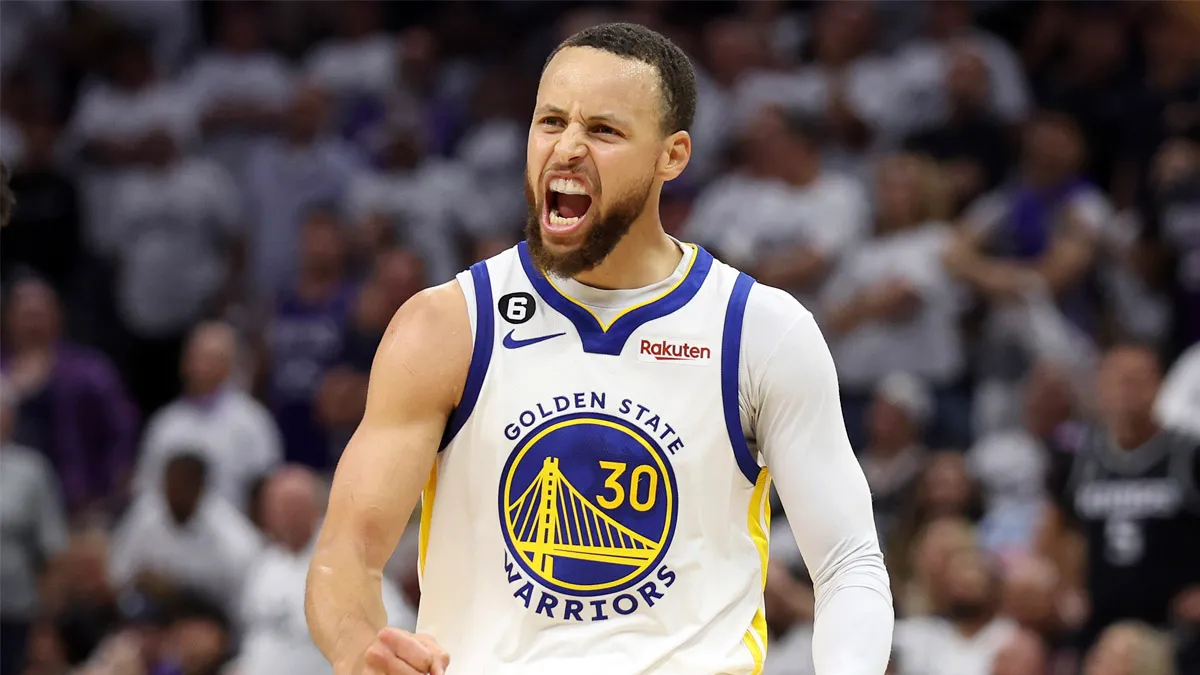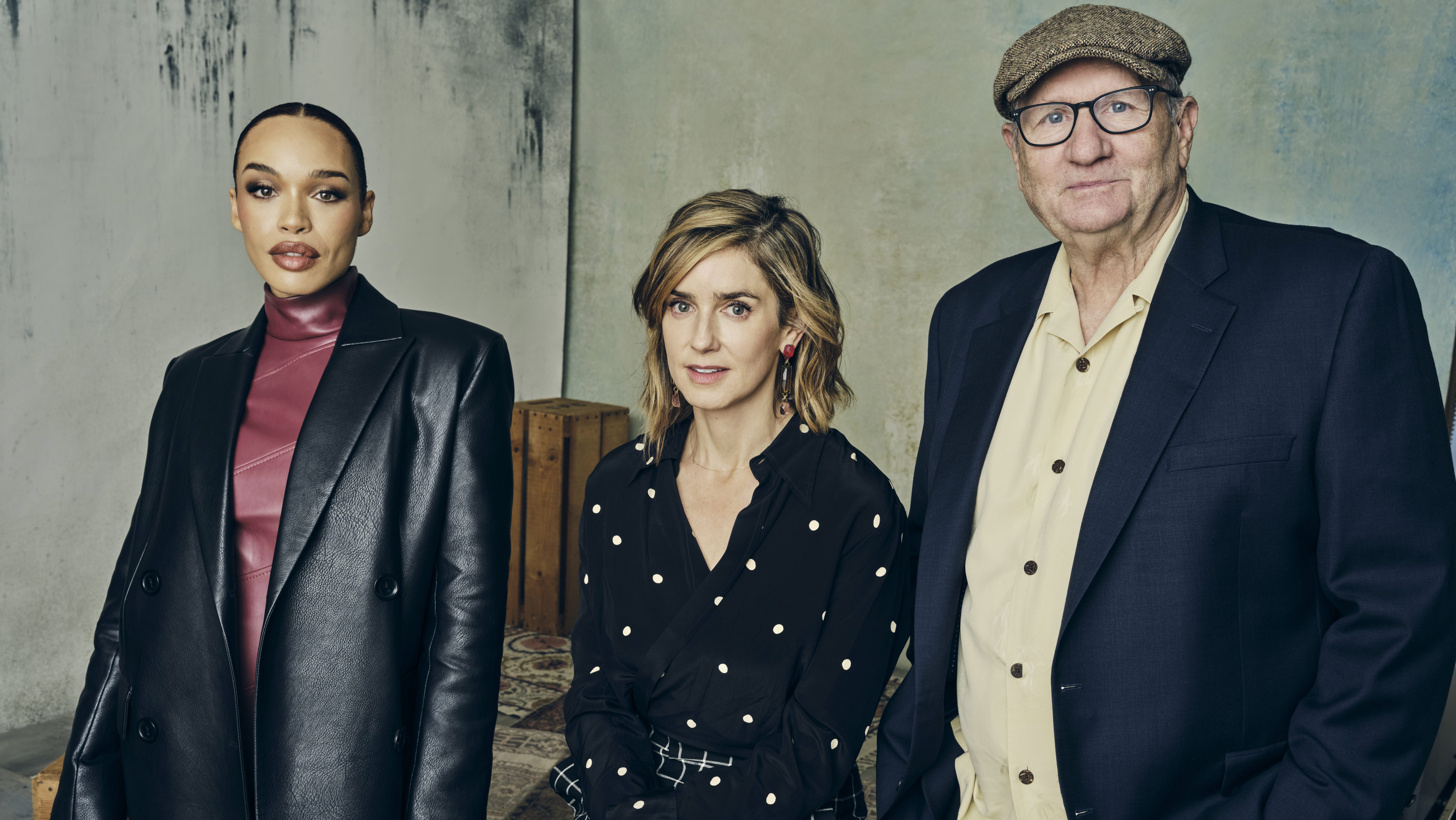The NBA Draft Combine is a battleground of sorts for two different yet equally understandable ends of a spectrum, with the draft a matter of weeks away.
There’s the top players who don’t see the need in going through the drills, measurements and competition are on one side, while the executives and scouts who’ve made the trek to Chicago would ideally like to see every available player put on a jersey and go through at least some of the drills.
But prospective top picks Markelle Fultz, Lonzo Ball, Josh Jackson and most of the consensus top 10 weren’t in attendance. Fultz came to Chicago but wasn’t at the combine and it presents an issue of sorts.
It was highlighted by Golden State Warriors star Kevin Durant blasting the usefulness of the combine as a whole, considering he couldn’t bench press 185 pounds as a skinny teenager from the University of Texas before the 2007 draft.
Durant went second overall and is on his way to a Hall of Fame career, so his words about the memories from what seems to be a humiliating experience holds some weight.
Teams also sit down with players through the week to get a feel for them, something that isn’t guaranteed after the combine considering players can refuse to work out for a team because it isn’t a desirable destination or if they believe the team won’t be in a position to draft them.
CSNChicago.com spoke to several league executives and scouts in attendance, and while the opinions varied, they certainly understood the position players — or more specifically, their agents are in, at least in terms of the workouts.
NBA
“I want to see guys compete,” an Eastern Conference scout said. “Even if he misses every shot, going against a guy who’s a mid-round pick and watching how they handle the competition tells you part of their mental makeup. Their body of work won’t be discounted over two days here.”
A Western Conference President agreed but said if he had a son or a client who’s slated in the top 5, he would advise him against coming to the combine.
“It can’t do anything but cost you money. That’s the honest truth,” he said. “We have better just done all of our homework when it comes to making the right selection. It’s on us.”
“I don’t care if they play or do the 5-on-5 stuff,” a longtime executive from a playoff team said. “They’ve done enough through the year, but every team should have physicals from every player available in the draft, whether they work out and play or not.”
It sounds rather simplistic but every team has its own criteria for physicals and if a player refuses to work out for a team, the team is without valuable information that could aid it in selecting or passing up on a top prospect. The NBA doesn’t mandate universal physicals for incoming players and due to college prospects not being members of the players union, it puts the league in a tricky position it can’t control.
Agents can sometimes protect their clients from damaging information getting out, which is why players sometimes slip late in the draft process if a medical evaluation is red-flagged.
Former Celtic forward Jared Sullinger’s back was red-flagged before the 2012 draft, and he went from a lottery selection to being picked 21st. Bulls first-round draft pick Denzel Valentine was thought to be a top-10 selection last year before his knees were deemed a concern for the top teams, as he slipped to the Bulls toward the end of the lottery.
“Tell me one thing they get out of it?” queried a Western Conference executive. “If I was an agent, and I have a guy like Josh Jackson (Kansas), what good is it that Josh Jackson comes in? He’s gonna go in the top 2-3 anyways.”
“He’s not gonna play. None of them are gonna play. He’s gonna interview where he’s (likely) gonna go.”
The draft lottery is next week, where teams will know where they’ll be slotted for the June 22 made-for-television extravaganza. In a spirited conversation between the executive and a former coach, they both seemed to sit on the same side of the fence, while also acknowledging their interests at the same time.
“Here’s the problem the league has, it’s taking control away from them and they don’t like it,” the executive said.
The coach responded.
“If the physical is gonna hurt the agent’s client, why would he give it access to everyone?”
The executive continued.
“And he’ll slide 10 spots and lose out on guaranteed money. But for me, oh yeah, I wanna see everything. I’m not mad at the agents. Everybody’s talking about how it should be, it’s self-serving interests for us. You want access to as much as you can get.”


